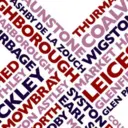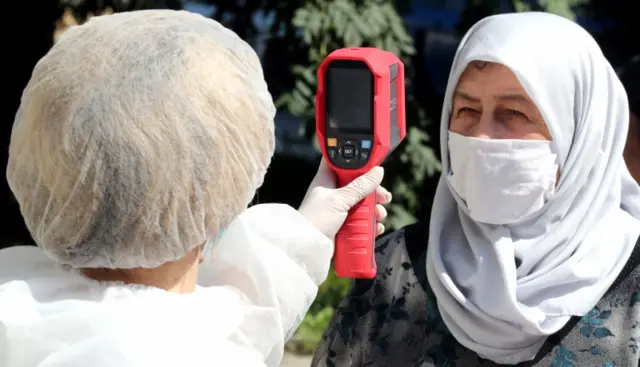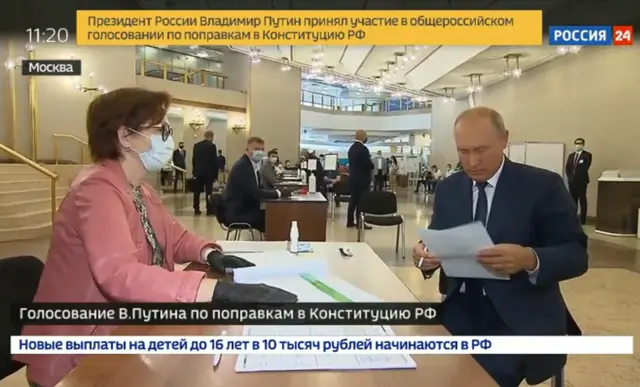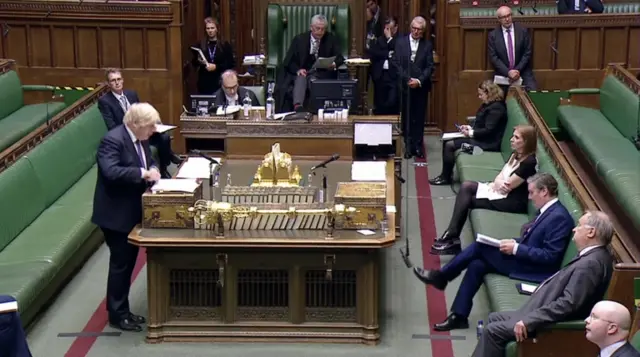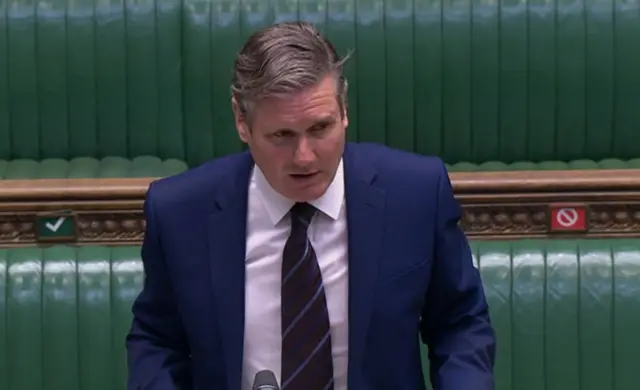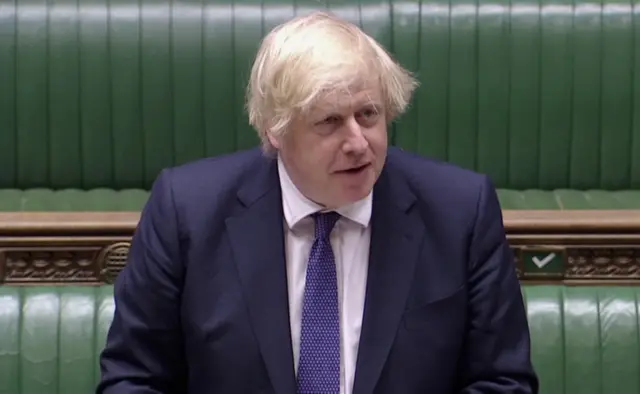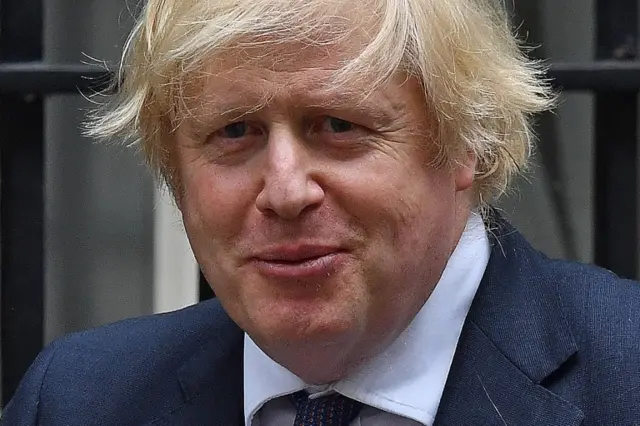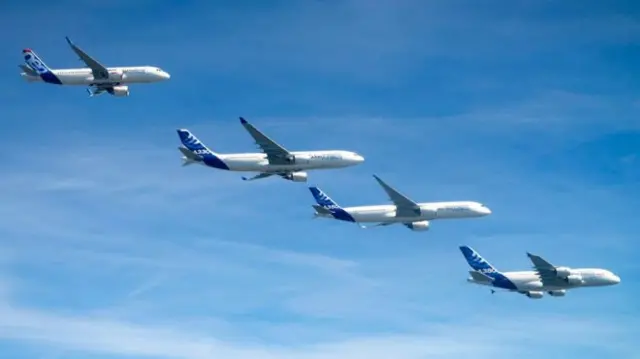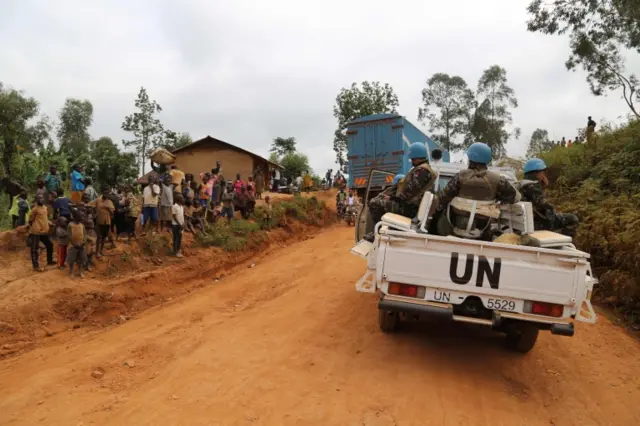Jobs to go at John Lewis and Harrodspublished at 13:55 BST 1 July 2020
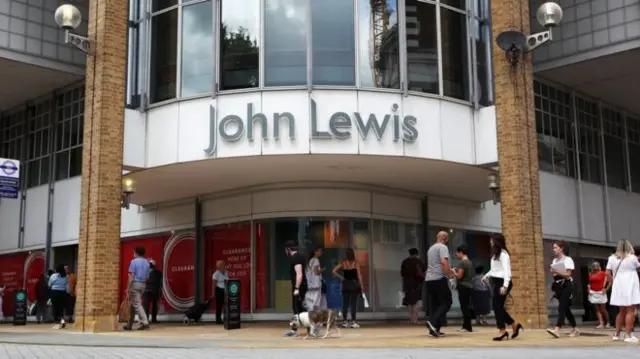 Image source, Getty Images
Image source, Getty ImagesWe heard earlier about UK companies cutting jobs due to the economic turndown caused by the coronavirus crisis.
Now even more firms have announced they're making cuts.
One of the biggest names is John Lewis. The department store says it will be cutting jobs, and the number of stores.
It's yet to be decided how many of its premises will be closing, and how many jobs will go. The cuts could include the smaller of its two head office buildings in London.
"The reality is that we have too much store space for the way people want to shop now," John Lewis - which is owned by its employees, known as partners - said in a statement.
"As difficult as it is, it is highly unlikely we will reopen all our John Lewis stores. However no decision has been made and any details would be shared with Partners first by the middle of July."
Luxury store Harrods and Arcadia, which owns Topshop, will also be cutting jobs. Up to 680 will go at Kensington store Harrods, and 500 of the 2,500 head office staff at Arcadia, which is owned by billionaire Philip Green.
